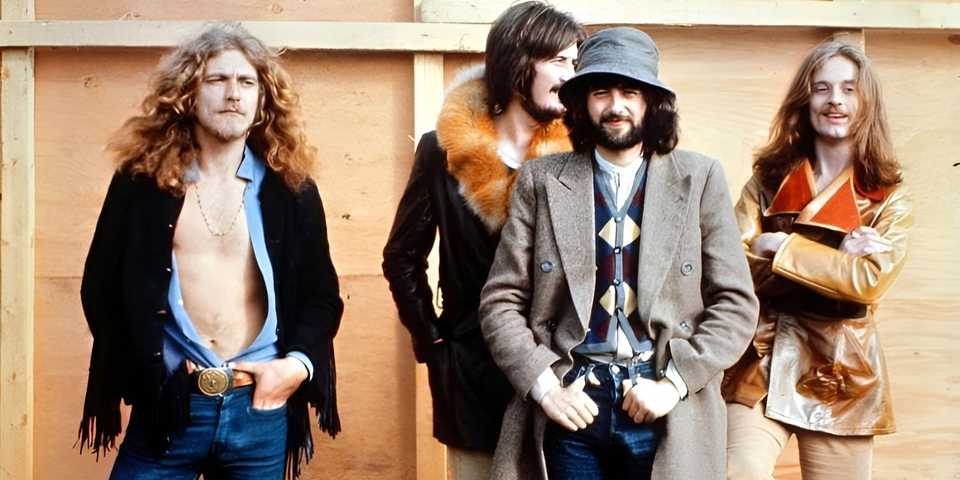
50 Years Later, Led Zeppelin Fans Are Still Discovering the Hidden Meaning in ‘Stairway to Heaven’
Half a century after its release, Stairway to Heaven remains more than just a song—it’s a journey, a myth, and a mystery that continues to captivate listeners around the world. Released in 1971 as the centerpiece of Led Zeppelin IV, the eight-minute epic was instantly hailed as a masterpiece, blending haunting acoustic melodies with searing electric solos and evocative, poetic lyrics. But what has truly cemented its place in rock history is the enduring search for its hidden meaning.
From the moment Robert Plant first sang “There’s a lady who’s sure all that glitters is gold,” fans have speculated about the song’s deeper messages. Some hear it as a spiritual allegory, others as a cautionary tale of materialism and lost innocence. And while the band has always been famously cryptic about its true interpretation, that ambiguity has only fueled its mystique.

In interviews over the years, Plant has offered fragments of insight, once describing the lyrics as “an evolving reflection of life and its choices.” Jimmy Page, the mastermind behind the song’s shifting musical landscape, has remained even more elusive, often suggesting that the song is open to the listener’s interpretation. Yet it is precisely this refusal to define the song that has made it so timeless.
At its core, Stairway to Heaven reads like a journey of awakening. The “lady” in question has become a symbol for many interpretations: greed, enlightenment, spiritual searching, or even fame. Lines like “Yes, there are two paths you can go by, but in the long run / There’s still time to change the road you’re on” strike a deeply human chord, echoing themes of redemption and self-discovery. The song doesn’t preach—it invites reflection.
Over the years, fans have poured over every lyric, every chord change, every whispered line. Some have claimed the song contains occult symbolism, especially given Page’s fascination with Aleister Crowley and esoteric philosophies. Others have argued that the song is a veiled anti-commercialism manifesto, warning listeners not to buy into illusions. And then there are those who simply hear it as a deeply personal expression of longing and transcendence.
What keeps the song relevant today is how it evolves with each generation. In the 1970s, it was the anthem of youth rebellion and introspection. In the ’80s and ’90s, it became a rite of passage for aspiring guitarists and rock fans. And now, in an era dominated by digital streaming and fleeting trends, Stairway to Heaven endures as a reminder of music’s power to move, mystify, and unite.

Anniversary retrospectives and academic dissections continue to emerge, with scholars and musicians alike offering new interpretations. Some highlight its musical structure—a gradual build from folk ballad to hard rock crescendo—as a metaphor for life’s emotional arc. Others point to its lack of a traditional chorus and shifting tempo as intentional subversions of pop formula, mirroring the unpredictable nature of personal growth.
Still, despite all the analysis, what makes Stairway to Heaven so compelling may simply be its ability to speak to each listener differently. It’s a song that means one thing when you’re 16, and something entirely else when you’re 60. It’s a mirror of the human condition—eternally searching, forever climbing.
As it turns 50, Stairway to Heaven hasn’t aged—it’s deepened. The hidden meanings may never be fully known, and perhaps that’s the point. In the end, the song reminds us that the journey is what matters most—and sometimes, the destination is a mystery better
left unexplained.







